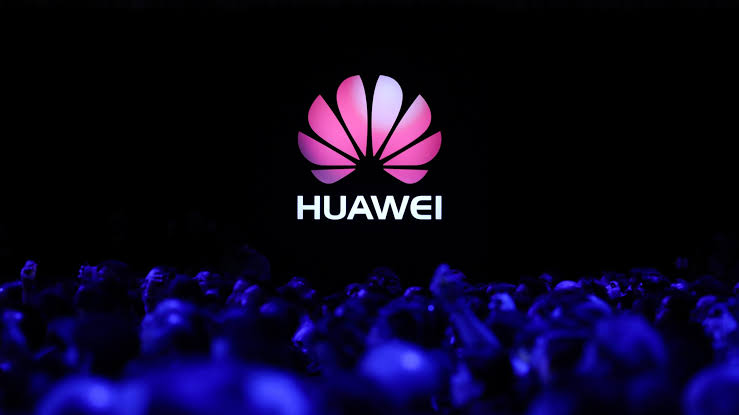The United States, world’s leading face for a capitalist country and the brand endorser for the “free market” has set out to make the market not so free for Huawei, ever since it put the company on the “entity list” last year. The newest blow from Washington effectively banned Huawei from using U.S. software and hardware in certain strategic semiconductor processes.
China had already made its disregard for the new rule public, saying that it may be forced to put American companies like Apple on similar probations and an “unreliable entity list”. However, a response from Huawei was long overdue, and now, it is finally here.
After the new rule made it necessary to have a license to validate(or invalidate) sales to Huawei of semiconductors, made abroad with U.S. technology, Guo Ping, Huawei’s current rotating chairman, has said “Our business will inevitably be impacted. In spite of that, as the challenges over the past year have helped us develop a thicker skin, we are confident about finding solutions soon.”
TSMC, a leading chip manufacturer and Huawei’s only friend in need, is severly impacted by the new rule, and thus unable to help the company. This, after TSMC announced a mega $12Bn advanced semiconductor foundry in the state of Arizona in the US.
The company executive also stated that they have not been able to find a viable substitute to the problem, and “Survival is the key word for us at present.”
In a press release sent out to media and posted on the company’s twitter page, Huawei says, “Huawei categorically opposes the amendments made by the US Department of Commerce to its foreign direct product rule that target Huawei specifically.”
The release also added that in the relentless pursuit to tighten its stranglehold on the company, US government has decided to proceed and completely ignore the concerns of many companies and industry associations.
“The U.S. is leveraging its own technological strengths to crush companies outside its own borders. This will only serve to undermine the trust international companies place in US technology and supply chains. Ultimately, this will harm US interests,” the statement added.
Lastly, the company said that while it is undertaking a comprehensive examination of this new rule, it expects that “business will inevitably affected.” Ever since last year, the company has already lost a lot of its stronghold in the market, resulting in a 35% reduction in worldwide shipment.
The Tech Portal is published by Blue Box Media Private Limited. Our investors have no influence over our reporting. Read our full Ownership and Funding Disclosure →







